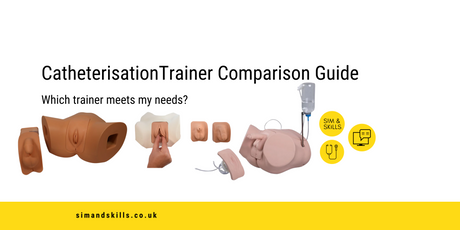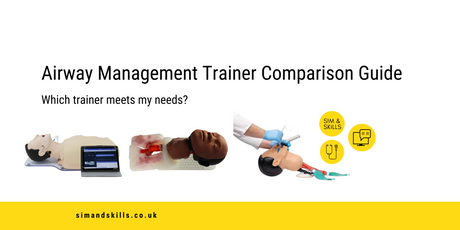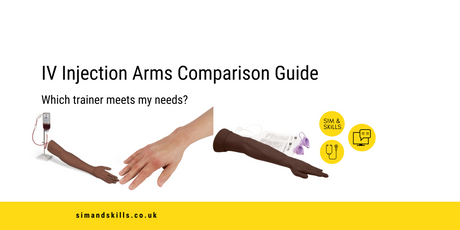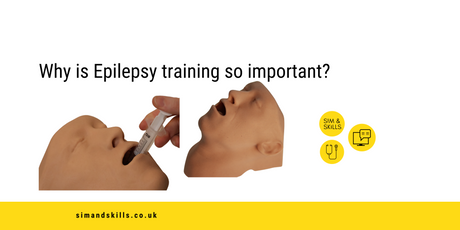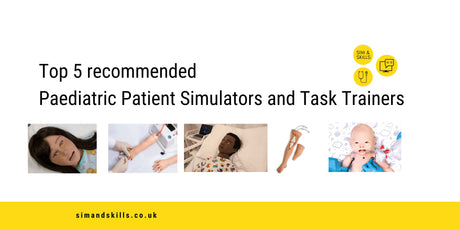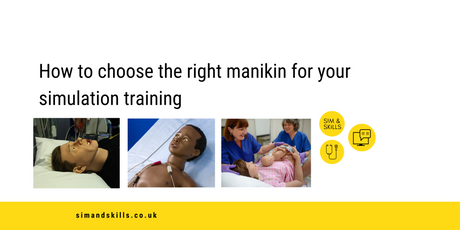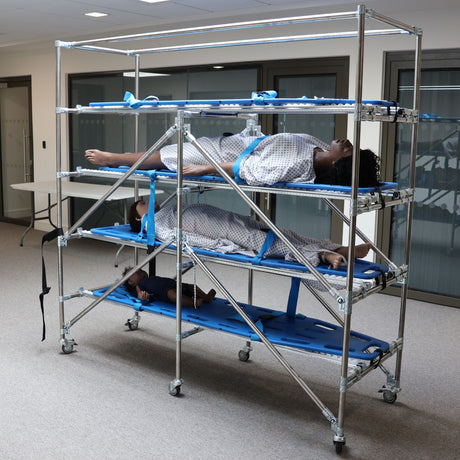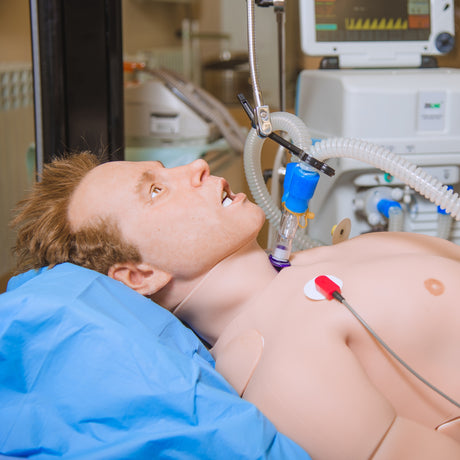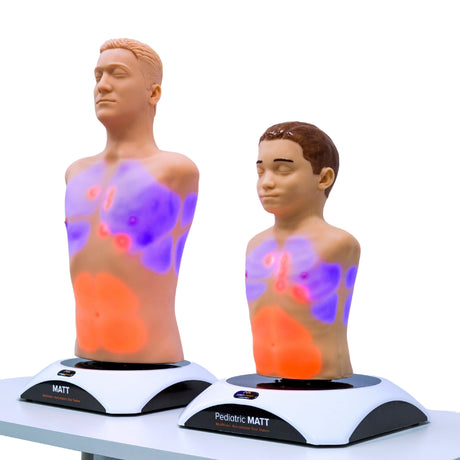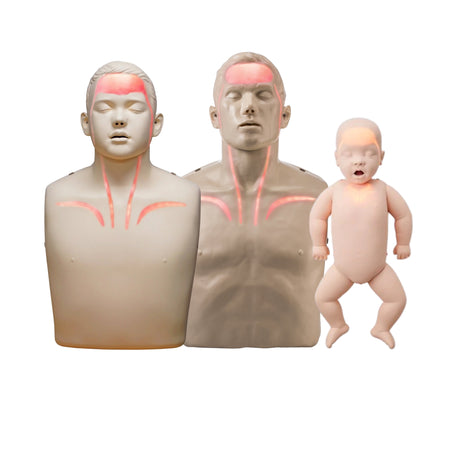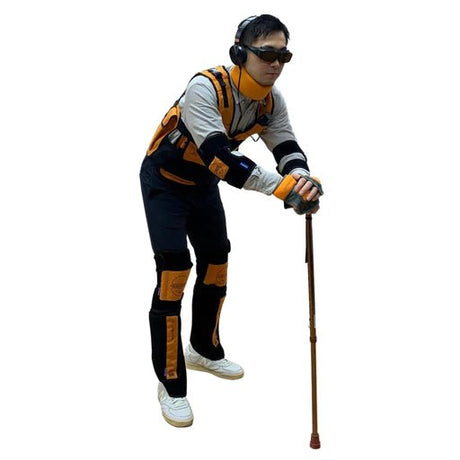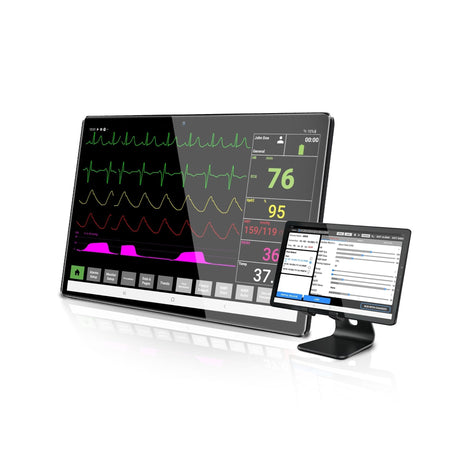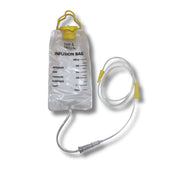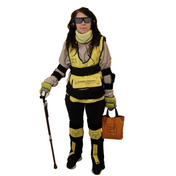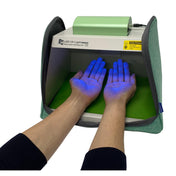Discover the ideal task trainer for developing the skills needed to administer emergency epilepsy medication.
What is Epilepsy?
Epilepsy is a condition that affects the brain and causes seizures. The seizures are bursts of electrical activity in the brain which affect how it works. People are affected differently, but common symptoms include uncontrollable shaking, becoming stiff, collapsing, staring into space and tingling feelings in the arms and legs.
Who is affected by Epilepsy?
Epilepsy is usually diagnosed after a person has had more than one seizure. It is most commonly diagnosed in people over 65 and in children, but anyone can develop Epilepsy at any time of their life.
Around 1 in 100 people have Epilepsy in the UK and the causes can sometimes be hard to identify. For some people, it’s caused by changes to the brain, brought on by certain conditions. For others, it’s because they inherited Epilepsy from one or both of their parents.
How do I support someone having a seizure?
Most people’s seizures last the same amount of time and stop by themselves. For these types of seizures, it’s important to remain calm, put something soft under the person’s head and only move them if they are in a dangerous place. Once the shaking has stopped, gently roll the person onto their side into the recovery position. Remain with them until they are fully recovered, offering some gentle reassurance.
The Epilepsy Society has launched a campaign to help everyone know what to do if they see someone having an Epileptic fit.
The Three C's, 'Calm, Cushion and Call' provide the basic First Aid tools that could save a person's life.
- Stay CALM and stay with the person who is having a seizure.
- CUSHION their head with a coat or cardigan to stop them injuring themselves.
- CALL for an ambulance if the seizure does not stop after five minutes.

What if the seizure does not stop?
Sometimes seizures do not stop or one seizure follows another without the person recovering.
If a seizure has been continuing for more than 5 minutes, this is called a Status Epilepticus. This is a medical emergency and requires emergency medication. At this point, it is important to call an ambulance, so the person can receive urgent medical help.
Some people are prescribed emergency medication to stop their seizures. Two types of medication can be given:
- Buccal (oromucosal) medication – is given into the buccal cavity (the side of the mouth between the cheek and the gum).
- Rectal medication – is given rectally (into the bottom).
Both of these drugs are sedatives and can have a calming effect on the brain, to help stop the seizure.
Buccal Injection trainer for practising the administration of medication into the buccal cavity.
Do you need training to administer Buccal medication?
Buccal medication is administered by inserting an oral syringe into the buccal cavity, which is the space between the gum and the inner cheek.
Anyone administering Buccal medication must be trained to deliver emergency medication. Epilepsy training is therefore vital to help save lives.
In some parts of the UK, Epilepsy specialist nurses provide Epilepsy awareness and Buccal injection training. Epilepsy Action has a list of training providers that deliver emergency medicine training, which can be accessed by calling their helpline.
The Epilepsy Society run their own training courses which can be booked via their website.
Why do I need to train with a Buccal Injection Trainer?
Traditionally, practising the skill of administering a Buccal injection was taught using a human volunteer. However during covid, social distancing made this type of training impossible. The Buccal Injection Trainer solved this problem and has become the favoured way of practising the administration of epilepsy medication.
It provides a cost-effective and safe way for Epilepsy nurses and other clinical trainers to teach this lifesaving skill.
The Buccal Injection trainer helps to improve a carer’s skills and confidence and can help to save an Epilepsy patient's life.
Note: Product images are for illustration purposes only and should not be used as a reference for buccal injection techniques.






